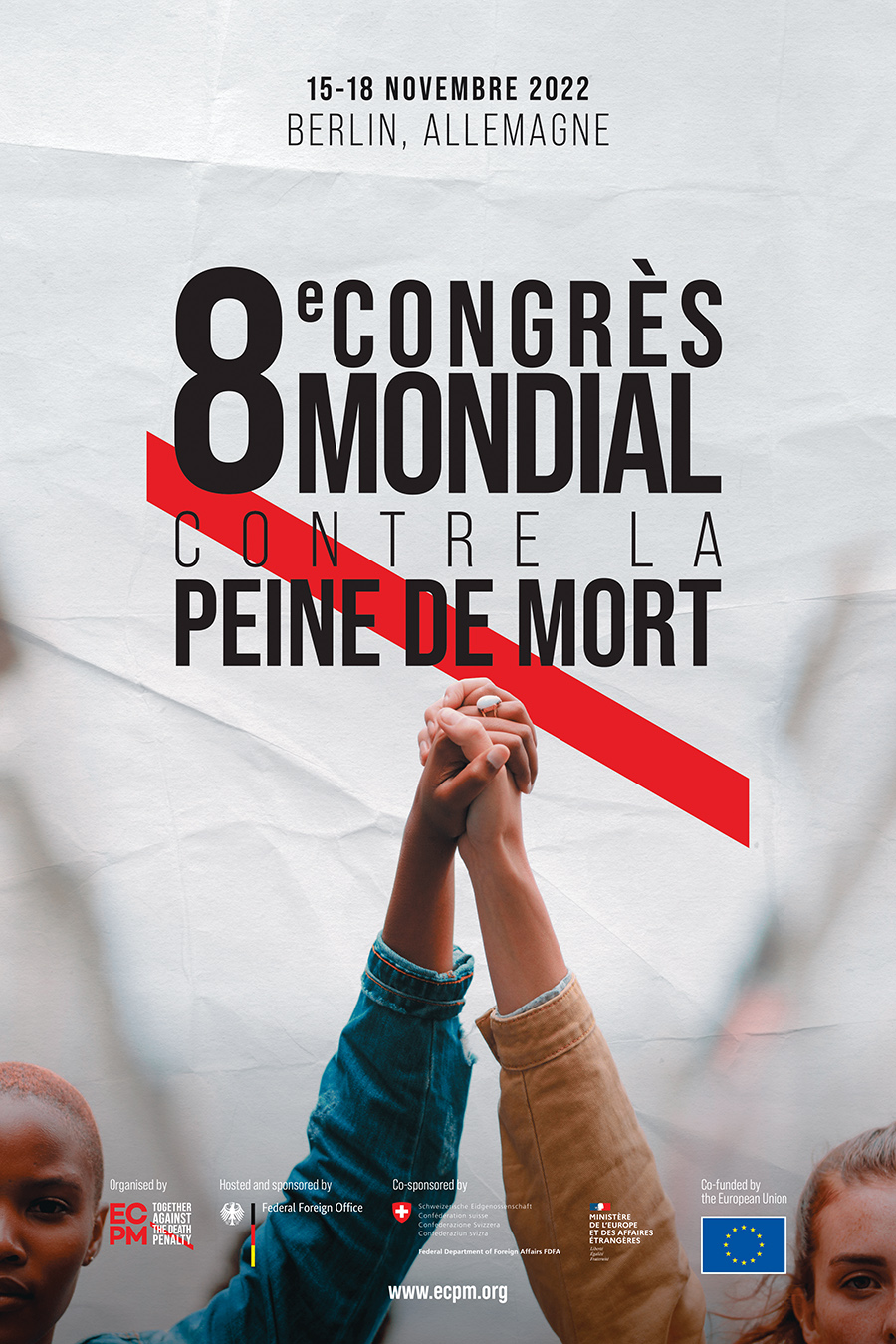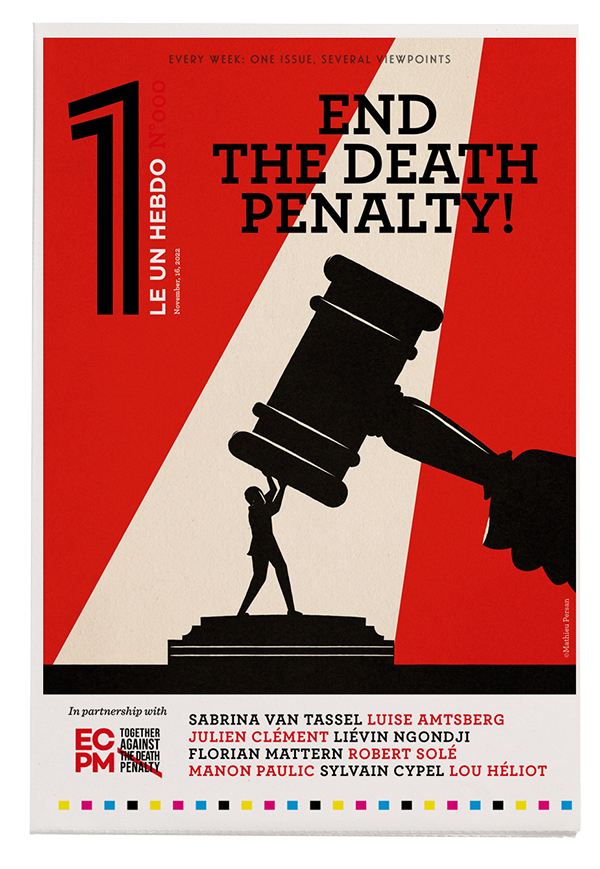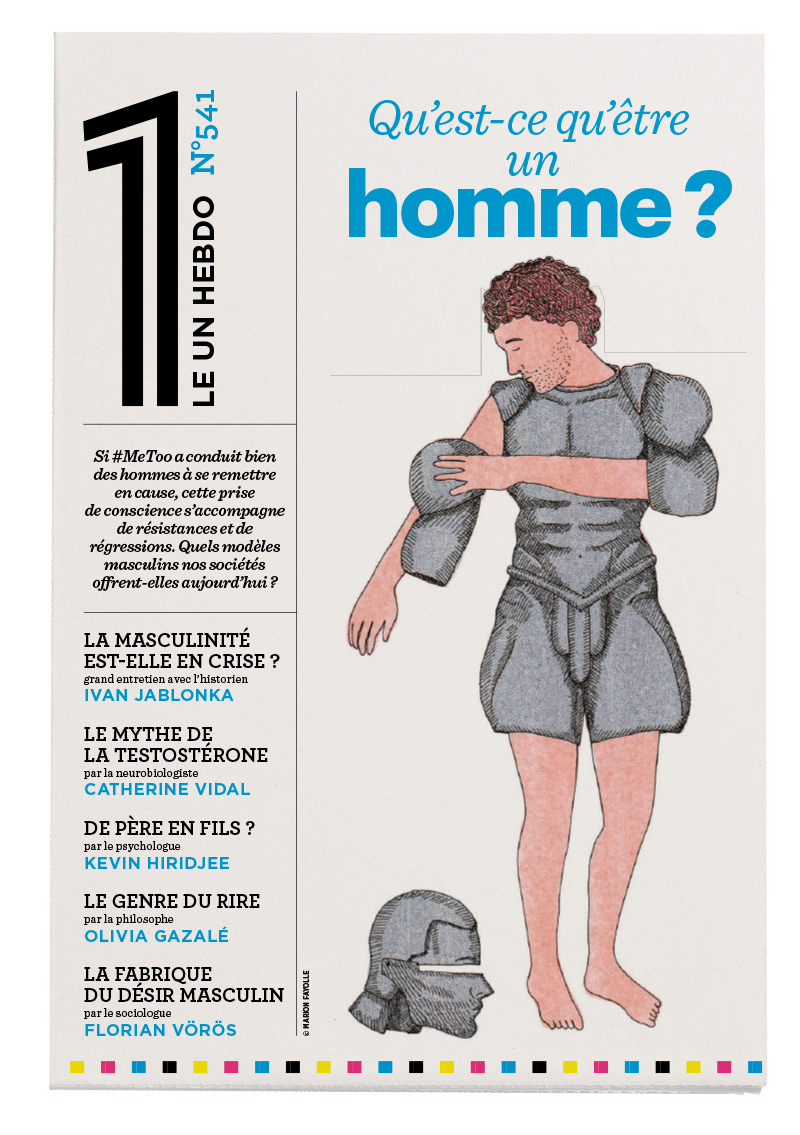What if the 21st century was the century of the universal abolition of the death penalty? You only have to look at the map published in this issue’s poster to see that there are more abolitionist states than ones that continue to sentence people to death and execute them. There are 146 countries that have chosen, de jure or de facto, to abolish the death penalty, compared to 52 that still use it. And every year, the abolitionist camp grows stronger. To measure the extent of this groundswell, let us note that in 1948, when the Universal Declaration of Human Rights was adopted in Paris, only 19 nations had renounced the death penalty. Not a year has gone by since then without several states joining the abolitionists, including Sierra Leone, Kazakhstan, Papua New Guinea, the Central African Republic, Equatorial Guinea and Chile in 2021 and 2022.
The only downside – but a major one – is that four of the world’s most populous countries, China, India, the United States and Indonesia, still have the death penalty in their repressive arsenal. But international associations and organisations observe that the number of executions is decreasing. No state now dares to claim them as a sign of progress. Year after year, executioners are relegated to other tasks. The phenomenon is spectacular: we have gone from 3,048 prisoners executed in 2001 to 483 in 2020, bearing in mind that China’s use of capital punishment is not transparent. Of course, reason dictates that we should not be satisfied with this slowdown and want the numbers to decrease even further. This is what the old fight to abolish the death penalty is all about.
To help you better understand the challenges, we have produced this issue in partnership with the association Together Against the Death Penalty (ECPM). On the occasion of its eighth world congress, which is being held in Berlin from 15 to 18 November, all those involved in the fight – diplomats, lawyers, jurists, elected representatives, activists, etc. – will take stock, share their experiences and reflect on ways to reduce what the United Nations calls this “cruel practice”. This meeting will also be an opportunity to convince ourselves that the 21st century will indeed be the century of universal abolition, according to the fervent wish of Robert Badinter, ECPM’s honorary president.









